Long gone are the days when social media was thought of as a fad. Most businesses now need to have a strong social presence—because it's where target audiences spend a large portion of their time.
Facebook has over 2 billion monthly active users, and Instagram has already crossed the 1 billion monthly active users mark.
In short, you need to be marketing via social media. There's just no two ways about it.
Despite knowing that, many businesses still struggle with social media marketing, in large part because they think it's difficult to measure. It isn't. Let's look at some of the ways you can measure the success of your social media marketing campaigns.
1. Likes, Reactions, and Shares
The simplest way to measure the performance of your social media campaigns is to track the number of likes, reactions, or shares your posts get. If you have a Facebook business page, you can easily see that information on your Insights tab.
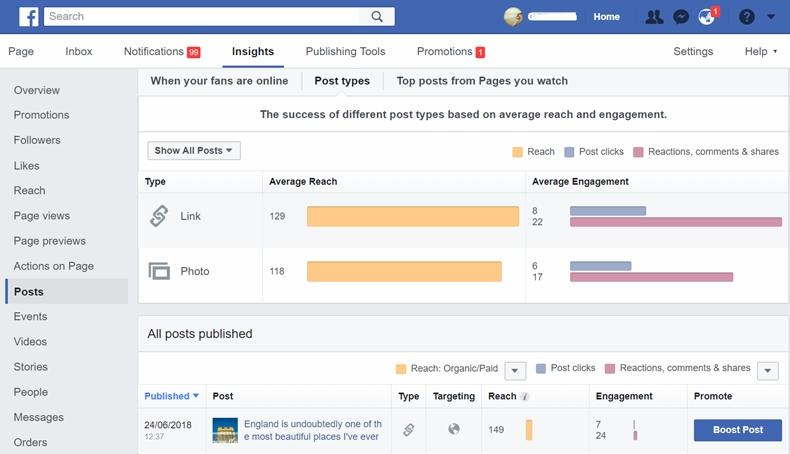
You can see how your posts are performing by post type and how many reactions, comments, and shares they get. That gives you an idea of what kind of content resonates with your audience.
On Twitter, you can find similar information on your Analytics page. Click on your profile picture on the top-right corner of your Twitter page, and click on "Analytics" from the dropdown menu. Then click on the "Tweets" tab to see how your tweets are performing.
If you have an Instagram business account, you can also keep track of the engagement on each of your posts. Just go to your profile page and click on the three horizontal lines on the top-left corner. Then click "Insights" to view your analytics.
2. Follower Growth
Your follower growth rate is an important metric that indicates how your social media marketing efforts are faring. A consistent, positive growth in the number of social media followers is what you should aim for.
However, if you find unsteady growth, you may need to increase your posting frequency. If you see an unfollowing trend, you may need to re-evaluate your content strategy.
So keep an eye on the "Followers" tab on your Insights page on Facebook, and on your "Audience" tab in Twitter Analytics.
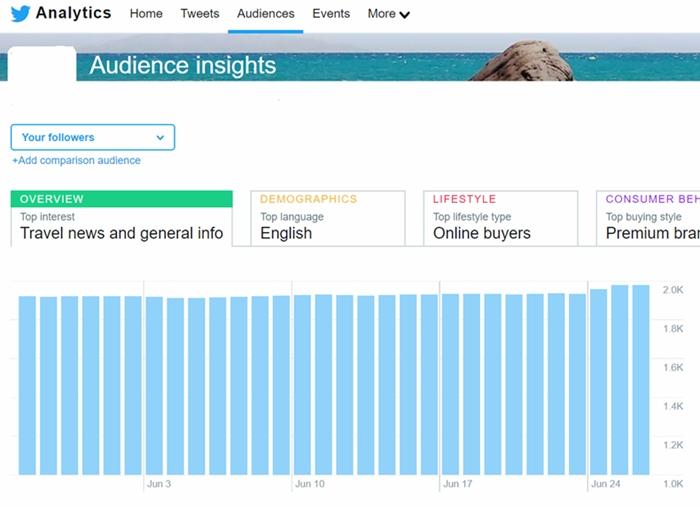
3. Social Media Mentions
Social media mentions are important because they help you understand what your audiences are saying about you. They're also a way for customers to share reviews, feedback, or even complaints—in which case you need to quickly jump in on such conversations to salvage the situation before it can harm your reputation.
Also, an increase in the number of positive social media mentions is an indication that your marketing efforts are bearing fruit. On Facebook, you generally are notified when someone tags your business. However, it's not that simple to keep track of your social media mentions using just the analytics.
Here's where social media monitoring tools can be helpful. Platforms such as Mention and Hootsuite can help you to easily track your social media mentions.
Mention, for example, provides real-time updates of any mentions of me on social media.
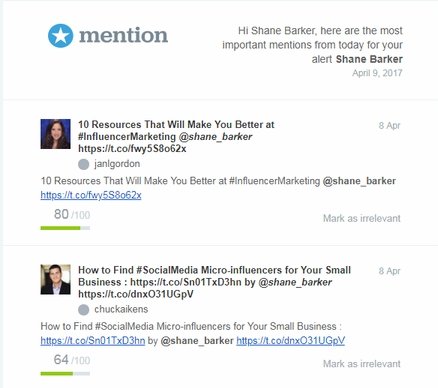
4. Click Rates
Click rates allow you to see the number of times your followers click on any links you share on social media. Clicks are important in that they can drive conversions in addition to traffic to your website.
On Facebook Insights, you can check your "Posts" tab to see the number of clicks to your posts. Under "Actions on Page," you can even see the number of clicks to various elements, such as website link, directions, call to action, etc.
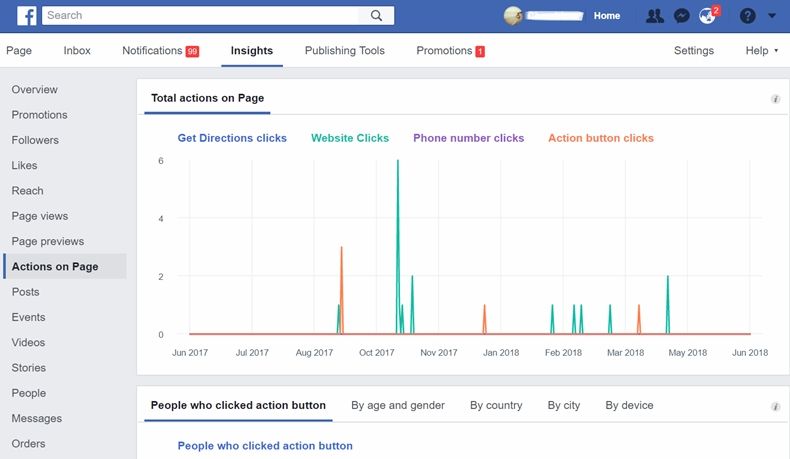
5. Referral Traffic
Your ultimate objective from any sort of online marketing campaign is to increase your revenue. And the way to do that is to get a large amount of quality traffic to your website.
Referral traffic from social media is one of the key metrics you'll need to keep a track of. It's one of the commonly used metrics for measuring social media campaigns. Google Analytics can help you track and measure your referral traffic from social media.
6. Reach
Reach is an indication of the number of people who have seen your social media posts, including the people your content has reached via shares. Reach is an important metric because it can help to increase brand awareness.
On Facebook Insights, just go to the "Reach" tab to find out more insights about this metric. On Twitter Analytics, click on your "Tweets" tab and check the "Impressions" column. And on Instagram analytics, you should be able to view all your posts' impressions by selecting a time period.
If you want to eliminate the need to use several tools to track all of your metrics on all of your channels, you can use a tool like Cyfe to track your social mentions, engagement, audience demographics, website analytics, SEO, SEM, and email marketing analytics—all in a single dashboard. You can even manage your social media publishing f and track your performance.
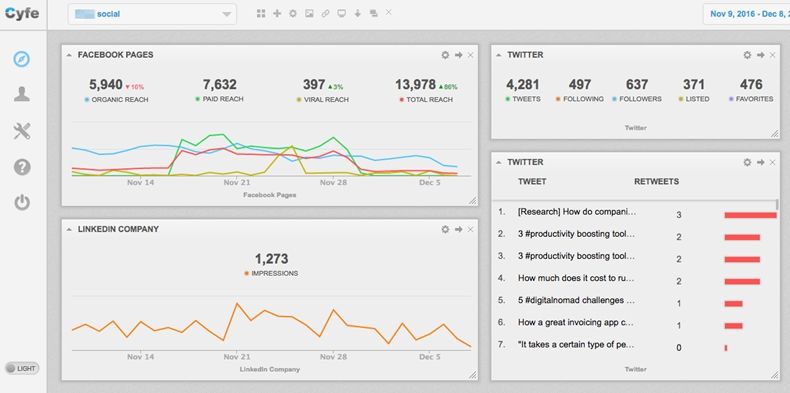
* * *
Without measuring your social media marketing performance, you'll have no way of knowing what improvements you may need to make. Measure your campaign effectiveness by monitoring the metrics noted in this article to help ensure that your resources are being put to proper use.




